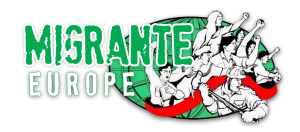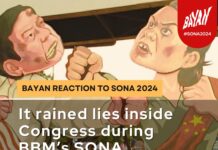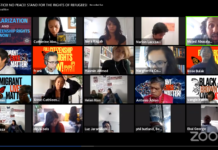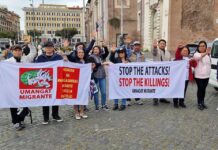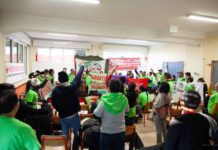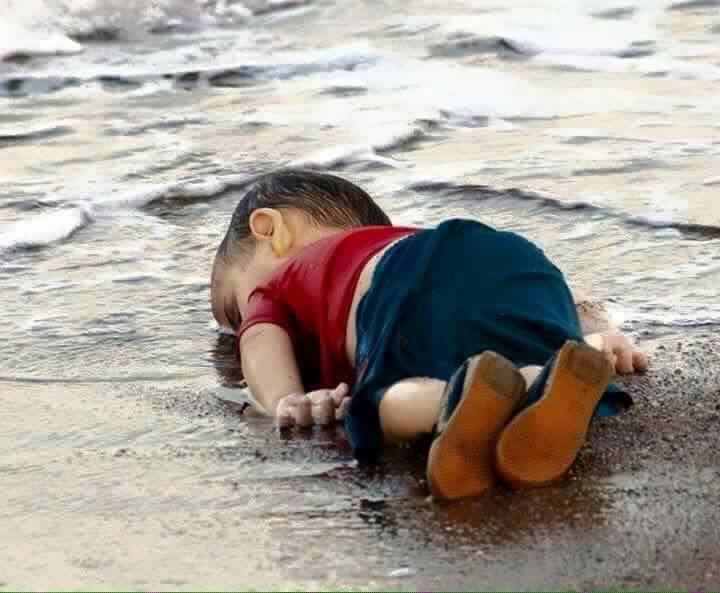A spectre is haunting Europe and it’s the spectre of refugees fleeing from their war-torn homes only to find death on the sea and not safety on the land.
The picture 4391of three-year old Syrian child, Aylan Kurdi, face down and lifeless after trying to cross to Greece has been making the rounds of alternative and mainstream media. It moved people, as it must. It called for change, as it should.
For weeks, countries in Europe have been besieged with criticisms from its own people as governments either take hardline stance against or dilly-dally in taking in refugees and providing them the protection, services and haven that international and even EU agreements mandate them to give.
The capsizing of the boat carrying Aylan, and another one carrying other refugees, was the latest proof of the vulnerabilities of displaced people. A few weeks ago, two boats from Libya carrying 500 people trying to get to Europe also capsized in the Mediterranean Sea and reportedly killed 400. This year alone, the United Nations estimated that 2,400 already died trying to get past the treacherous waters of the Mediterranean. Meanwhile, who can forget the Rohingyas and Bangladeshis from Myanmar who were also stranded at sea and refused entry by countries in Southeast Asia?
Closing borders and heightened restriction in the entry of foreign nationals – be they refugees fleeing from wars and hunger or migrants displaced by economic hardships and also political strife – is a trend that is slowly creeping not only into Europe but also in other countries that are destinations of those forcibly displaced from their country of birth.
States use the phantoms of jobs scarcity and scramble for dwindling resources and services to justify clamping down on refugee and migration flows. As economic and other crises rage with so-called recovery sluggish or is reserved for corporations and the business sector, refugees and migrants are still being used as convenient scapegoats to blur, if not totally skip over, the reality that skewed economic policies are at the root of problems faced by people in countries hosting refugees and migrants.
The same neoliberal-driven economics that uphold labor expert, coupled by wars and political strife, is what also drives millions of people from their own homeland to seek a more safe and secure life.
This month, the United Nations General Assembly is set to meet and chart the path to development for the next 15 years. It cannot be emphasized enough that the displacement of people due to economic or political causes – the 232 million migrants and 19.5 million refugees – is an issue of holistic development that should respect the comprehensive rights of the people.
When the two boats from Libya capsized, Amb. Macharia Kamau of Kenya who co-chaired the post-2015 development agenda negotiations said that how the migrants crisis is being handled is not the way “to transform the world towards 2030.” It definitely is not.
The post-2015 development agenda promises to leave no one behind. If governments are sincere about this, there should be no more Aylans left behind to suffer hardships or wash up lifeless in foreign shores.
Let the tragic pictures of the death of children not only break our hearts, but also the walls of exclusion and inhumane migration and refugee policies that do not respect the fundamental rights of people already forcibly displaced by economic want and wars.
Eni Lestari
International Migrants Alliance (IMA)/ Campaign for People’s Goals for Sustainable Development (CPGSD)
